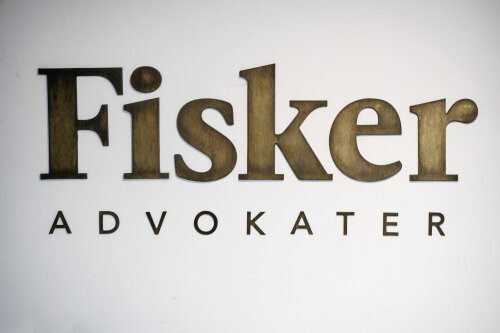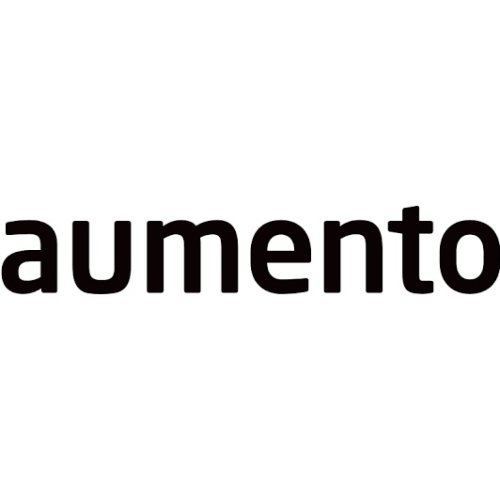Best General Litigation Lawyers in Copenhagen
Share your needs with us, get contacted by law firms.
Free. Takes 2 min.
List of the best lawyers in Copenhagen, Denmark
About Litigation Law in Copenhagen, Denmark
Litigation law in Copenhagen, Denmark refers to the legal processes and procedures involved in resolving disputes through the court system. It encompasses civil lawsuits, administrative procedures, and criminal cases. Litigation in Copenhagen is regulated by Danish laws, which provide a framework for filing legal claims, presenting evidence, and seeking resolution in a court of law.
Why You May Need a Lawyer
There are several situations where you may require a lawyer's assistance in litigation. Some common scenarios include:
- When you are involved in a civil dispute and need to file a lawsuit or respond to one
- When you are facing criminal charges and need legal representation
- When you need advice on legal rights and obligations in a litigation matter
- When you require assistance with gathering evidence, preparing legal documents, or presenting arguments in court
- When you want to seek an appeal or challenge a court decision
Local Laws Overview
In Copenhagen, Denmark, several key aspects of local laws are particularly relevant to litigation. Some of these include:
- Danish Code of Civil Procedure: This code sets out the rules and procedures to be followed in civil cases, including initiating lawsuits, conducting investigations, presenting evidence, and obtaining judgments.
- Danish Criminal Code: The Danish Criminal Code outlines the criminal offenses and their penalties in the country. It also prescribes the rules for criminal investigations, trials, and sentencing.
- Administration of Justice Act: This act regulates the organization and functioning of the courts in Denmark, including their jurisdiction, composition, and procedures for conducting trials.
Frequently Asked Questions
Q: How long can a civil lawsuit take to resolve in Copenhagen, Denmark?
A: The duration of a civil lawsuit can vary depending on its complexity. Simple cases can be resolved within a few months, while more complex ones may take a year or longer.
Q: Can I represent myself in a litigation matter in Copenhagen?
A: Yes, you have the right to represent yourself in a litigation matter. However, it is advisable to seek legal assistance for a better understanding of the legal procedures and to improve your chances of a favorable outcome.
Q: What is the statute of limitations for filing a lawsuit in Copenhagen?
A: The statute of limitations varies depending on the type of case. For example, the general limitation period for civil claims is usually three years from the date when the claimant became aware of the damages or injury.
Q: How can I find a qualified lawyer for my litigation matter in Copenhagen?
A: To find a qualified lawyer, you can seek recommendations from friends, colleagues, or other legal professionals. You may also contact the Danish Bar and Law Society for a referral to a lawyer specializing in litigation.
Q: Can I appeal a court decision in Copenhagen?
A: Yes, you can generally appeal a court decision in Copenhagen. However, specific rules and deadlines apply, so it is essential to consult with a lawyer to determine the appropriate course of action.
Additional Resources
For further information and assistance regarding litigation law in Copenhagen, Denmark, you may find the following resources helpful:
- Danish Bar and Law Society: Official website of the Danish Bar and Law Society, providing information about legal professionals and services available in Denmark.
- Danish Courts: An official website providing details about the Danish court system, including court locations, contact information, and general information on legal procedures.
Next Steps
If you require legal assistance in litigation matters in Copenhagen, Denmark, it is recommended to take the following steps:
- Evaluate your specific legal needs and determine whether you need a lawyer's guidance.
- Research and select a qualified lawyer who specializes in litigation law.
- Arrange a consultation with the selected lawyer to discuss your case and seek advice.
- Provide all relevant documents and information to your lawyer and actively participate in your legal representation.
- Follow your lawyer's guidance throughout the litigation process and cooperate in achieving a resolution.
Lawzana helps you find the best lawyers and law firms in Copenhagen through a curated and pre-screened list of qualified legal professionals. Our platform offers rankings and detailed profiles of attorneys and law firms, allowing you to compare based on practice areas, including General Litigation, experience, and client feedback.
Each profile includes a description of the firm's areas of practice, client reviews, team members and partners, year of establishment, spoken languages, office locations, contact information, social media presence, and any published articles or resources. Most firms on our platform speak English and are experienced in both local and international legal matters.
Get a quote from top-rated law firms in Copenhagen, Denmark — quickly, securely, and without unnecessary hassle.
Disclaimer:
The information provided on this page is for general informational purposes only and does not constitute legal advice. While we strive to ensure the accuracy and relevance of the content, legal information may change over time, and interpretations of the law can vary. You should always consult with a qualified legal professional for advice specific to your situation.
We disclaim all liability for actions taken or not taken based on the content of this page. If you believe any information is incorrect or outdated, please contact us, and we will review and update it where appropriate.















